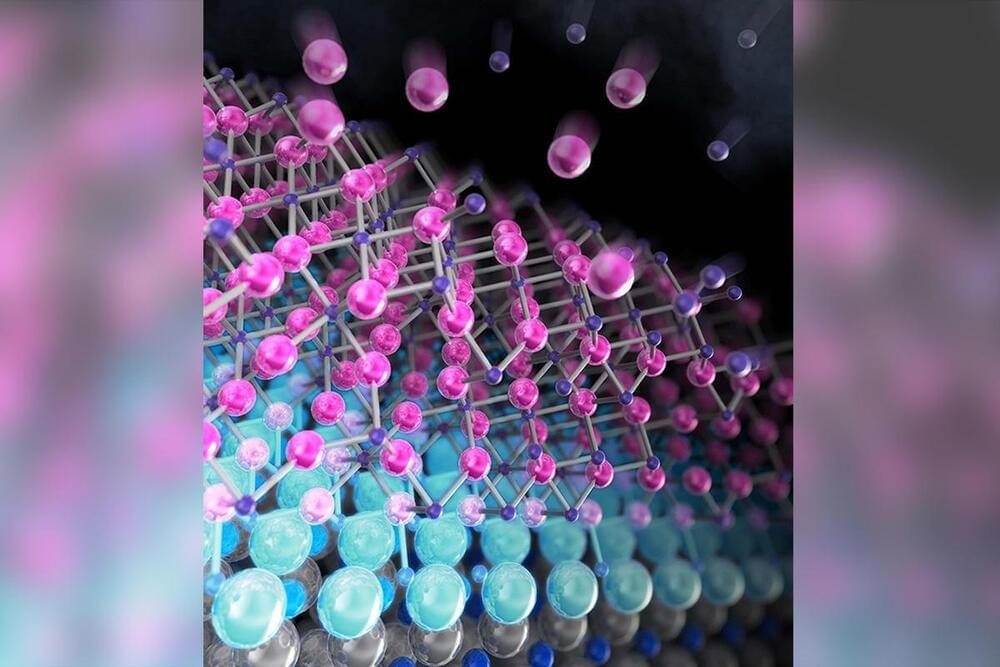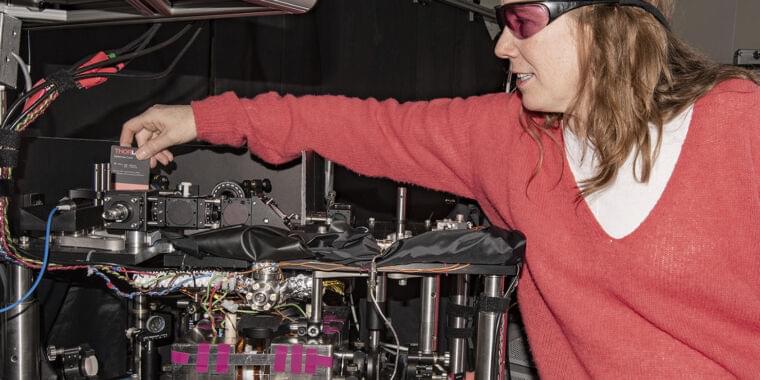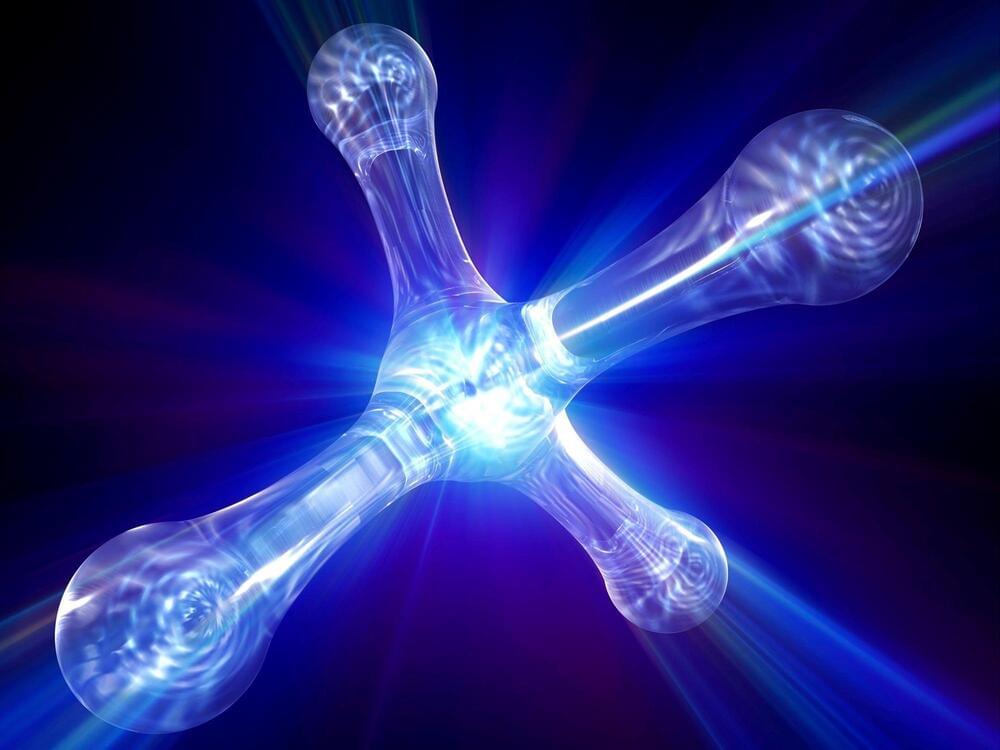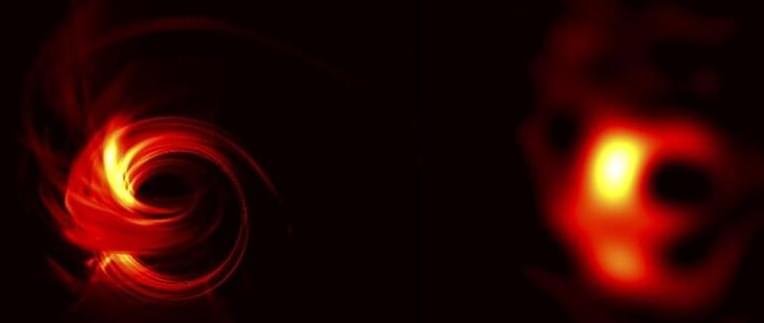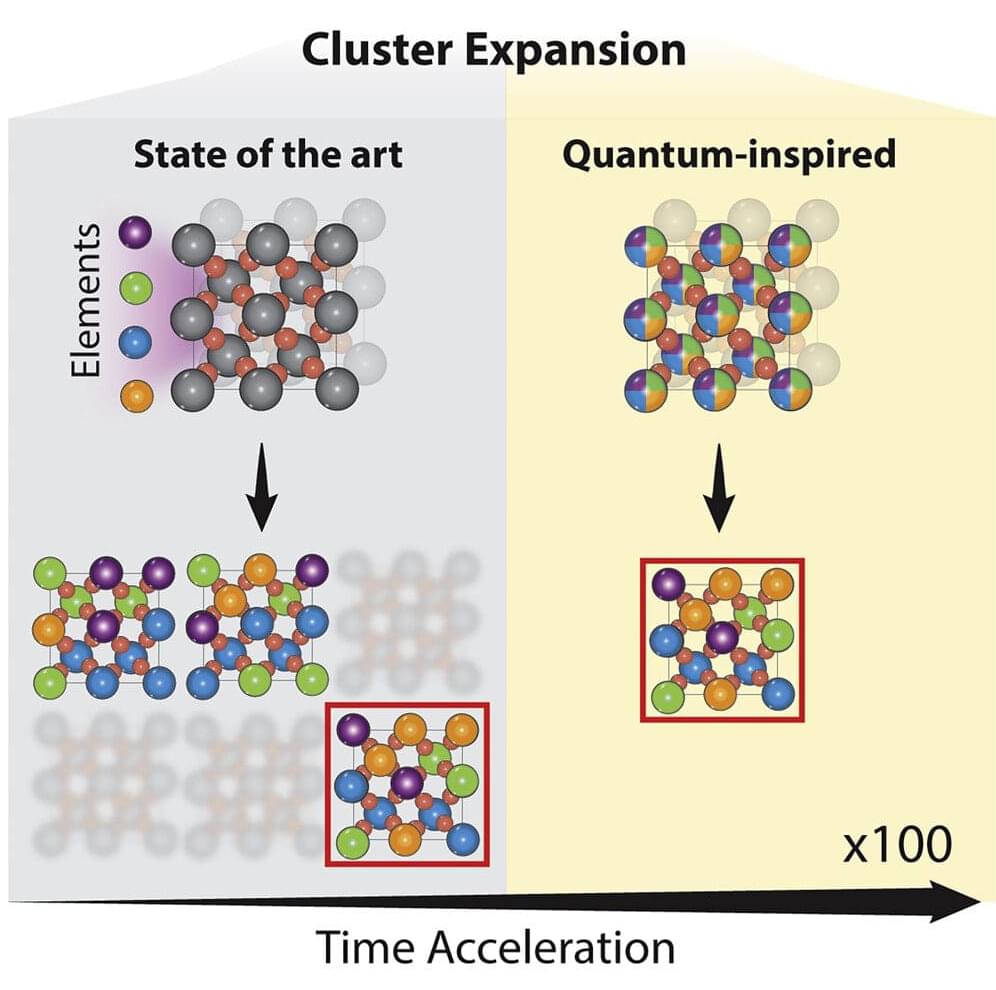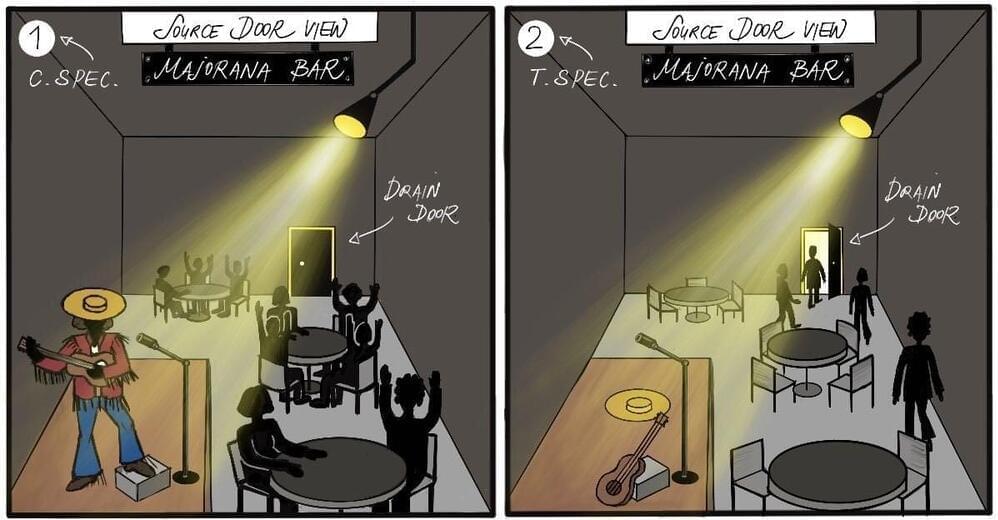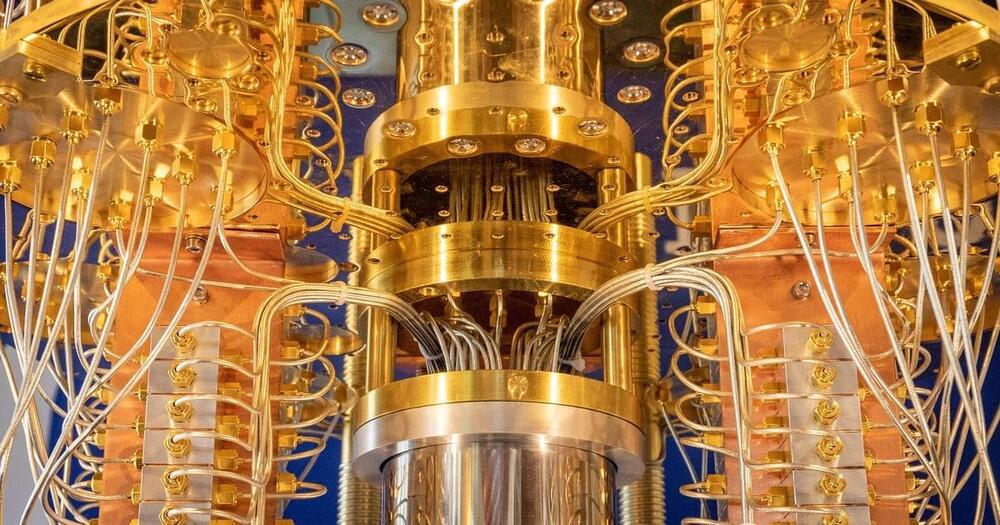Dec 17, 2022
SpinQ Introduces Trio of Portable Quantum Computers
Posted by Paul Battista in categories: computing, information science, military, quantum physics
Switch-Science has just announced a trio of quantum computing products that the company claims are the world’s first portable quantum computers. Sourced from SpinQ Technology, a Chinese quantum computing company based in Shenzen, the new quantum computing products have been designed for educational purposes. The aim is to democratize access to physical quantum computing solutions that can be deployed (and redeployed) at will. But considering the actual quantum machinery on offer, none of these (which we’re internally calling “quantops”) are likely to be a part of the future of quantum.
The new products being developed with education in mind shows in their qubit counts, which top out at three (compare that to Google’s Sycamore or IBM’s 433-qubit Osprey Quantum Processing Unit [QPU], both based on superconducting qubits). That’s not enough a number for any viable, problem-solving quantum computing to take place within these machines, but it’s enough that users can program and run quantum circuits — either the integrated, educational ones, or a single custom algorithm.

